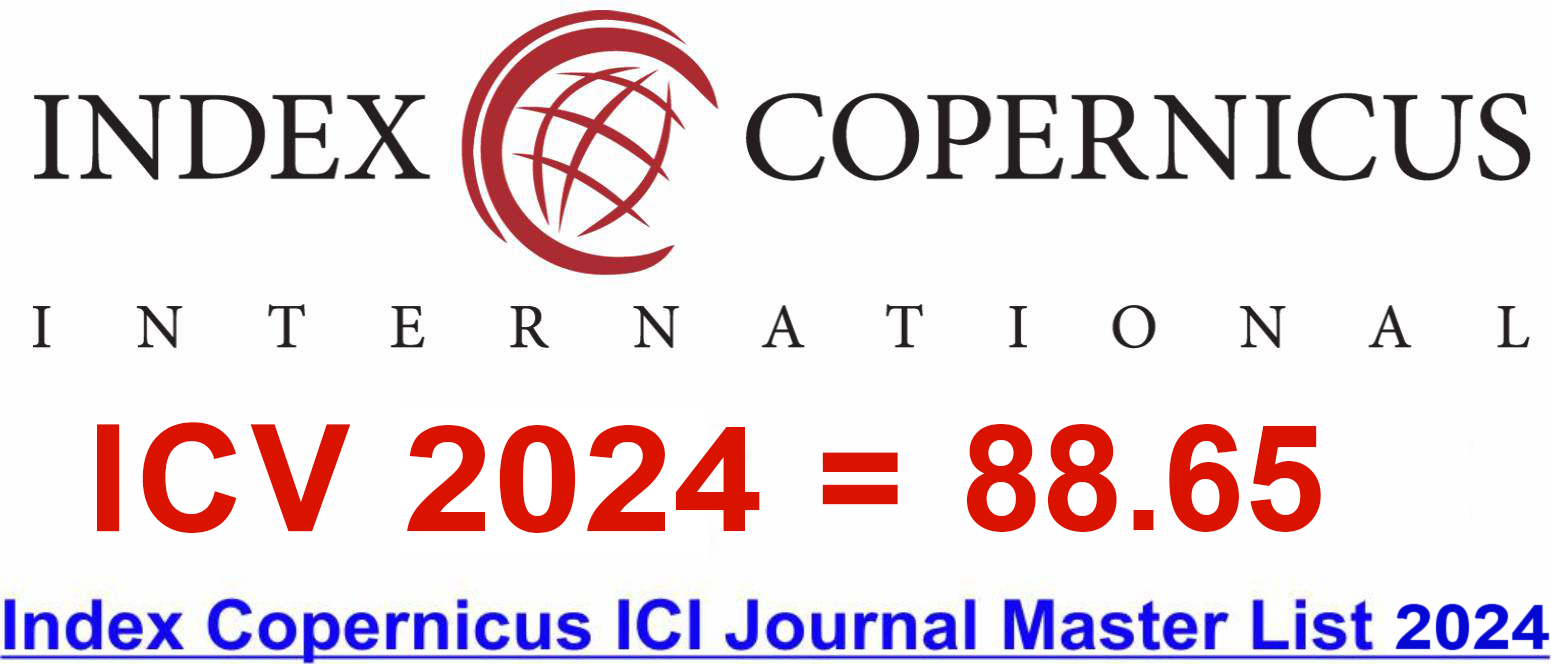Abstract
This article looks at how Artificial Intelligence (AI) is transforming Supply Chain Management (SCM). It provides a deep perspective into the current trends, challenges, and opportunities that AI is bringing to the supply chain world. By reviewing academic studies and industry reports, the article sheds light on what the future of SCM could look like as AI continues to evolve. The integration of AI in SCM marks a major shift in how businesses run their operations, manage resources, and meet customer needs. This article examines both the opportunities and challenges that come with adopting AI in supply chains. While AI holds promises for improving efficiency, refining demand forecasting, optimising inventory, and streamlining logistics, there are hurdles to overcome. These include the hefty upfront investment required, issues with data quality, the need for AI literacy, and concerns over data privacy and automation. Through a detailed review of academic research, industry reports, and case studies, the article provides a well-rounded view of AI's current role in SCM. It highlights how AI technologies—like machine learning, natural language processing, and robotics—are already being used to improve decision-making, transparency, and customer satisfaction. Additionally, the article discusses strategies businesses can use to overcome the challenges of AI adoption. These include investing in human capital, ensuring ethical AI use, and promoting technological interoperability.
References
- Min H. Artificial intelligence in supply chain management: theory and applications. International Journal of Logistics: Research and Applications. 2010 Feb 1;13(1):13-39. https://doi.org/10.1080/13675560902736537
- Ivanov D, Dolgui A, Sokolov B. The impact of digital technology and Industry 4.0 on the ripple effect and supply chain risk analytics. International journal of production research. 2019 Feb 1;57(3):829-46. https://doi.org/10.1080/00207543.2018.1488086
- Choi TY, Rogers D, Vakil B. Coronavirus is a wake-up call for supply chain management. Harvard Business Review. 2020 Mar 27;27(1):364-98.
- Wang G, Gunasekaran A, Ngai EW, Papadopoulos T. Big data analytics in logistics and supply chain management: Certain investigations for research and applications. International journal of production economics. 2016 Jun 1;176:98-110. https://doi.org/10.1016/j.ijpe.2016.03.014
- Baryannis G, Dani S, Antoniou G. Predicting supply chain risks using machine learning: The trade-off between performance and interpretability. Future Generation Computer Systems. 2019 Dec 1;101:993-1004. https://doi.org/10.1016/j.future.2019.07.059
- Beheshti-Kashi S, Karimi HR, Thoben KD, Lütjen M, Teucke M. A survey on retail sales forecasting and prediction in fashion markets. Systems Science & Control Engineering. 2015 Jan 1;3(1):154-61. https://doi.org/10.1080/21642583.2014.999389
- Richards S. McKinsey & Company: People and organizational performance strategic analysis.
- Kache F, Seuring S. Challenges and opportunities of digital information at the intersection of Big Data Analytics and supply chain management. International journal of operations & production management. 2017 Jan 3;37(1):10-36. https://doi.org/10.1108/IJOPM-02-2015-0078
- Sanders NR. How to use big data to drive your supply chain. California management review. 2016 May;58(3):26-48. https://doi.org/10.1525/cmr.2016.58.3.26
- Queiroz MM, Telles R, Bonilla SH. Blockchain and supply chain management integration: a systematic review of the literature. Supply chain management: An international journal. 2020 Feb 24;25(2):241-54. https://doi.org/10.1108/SCM-03-2018-0143
- Duan Y, Edwards JS, Dwivedi YK. Artificial intelligence for decision making in the era of Big Data–evolution, challenges and research agenda. International journal of information management. 2019 Oct 1; 48:63-71. https://doi.org/10.1016/j.ijinfomgt.2019.01.021
- Reddy PS, Ashritha P. Digital Transformation's Effect on Supply Chain Management. International Journal of Advances in Business and Management Research (2024). 2023 Dec 12;1(2):1-9. https://doi.org/10.62674/ijabmr.2024.v1i02.002
- Meltzer J, Tielemans A. The European Union AI Act. Bruselj: Brookings Institution. 2022 May.
- Yalcin N. Kpmg vak’ası II. Journal of Accounting Institute. 2022 Jul 1(67):83-96.
- Cammeraat E, Jongen E, Koning P. The added-worker effect in the Netherlands before and during the Great Recession. Review of Economics of the Household. 2023 Mar;21(1):217-43. https://doi.org/10.1007/s11150-021-09595-2
- Wiedmer R, Whipple JM, Griffis SE, Voorhees CM. Resource scarcity perceptions in supply chains: The effect of buyer altruism on the propensity for collaboration. Journal of Supply Chain Management. 2020 Oct;56(4):45-64. https://doi.org/10.1111/jscm.12242
- Choi TM, Chan HK, Yue X. Recent development in big data analytics for business operations and risk management. IEEE transactions on cybernetics. 2016 Jan 12;47(1):81-92. https://doi.org/10.1109/TCYB.2015.2507599
- Richey RG, Davis‐Sramek B. Supply Chain Management and Logistics: An Editorial Approach for a New Era. Journal of Business Logistics. 2020 Jun 1;41(2). https://doi.org/10.1111/jbl.12251?urlappend=%3Futm_source%3Dresearchgate
- Surie G, Groen A. The importance of social entrepreneurship in national systems of innovation—An introduction. Technological forecasting and social change. 2017 Aug 1;121:181-3. https://doi.org/10.1016/j.techfore.2017.05.010
- Kalpana E, Raju SV. Leveraging Machine Learning for Business Success: A Case Study of Supply Chain Optimization in a Logistics Company. International Journal of Advances in Business and Management Research (IJABMR). 2023 Sep 12;1(1):1-9. https://doi.org/10.62674/ijabmr.2023.v1i01.001















